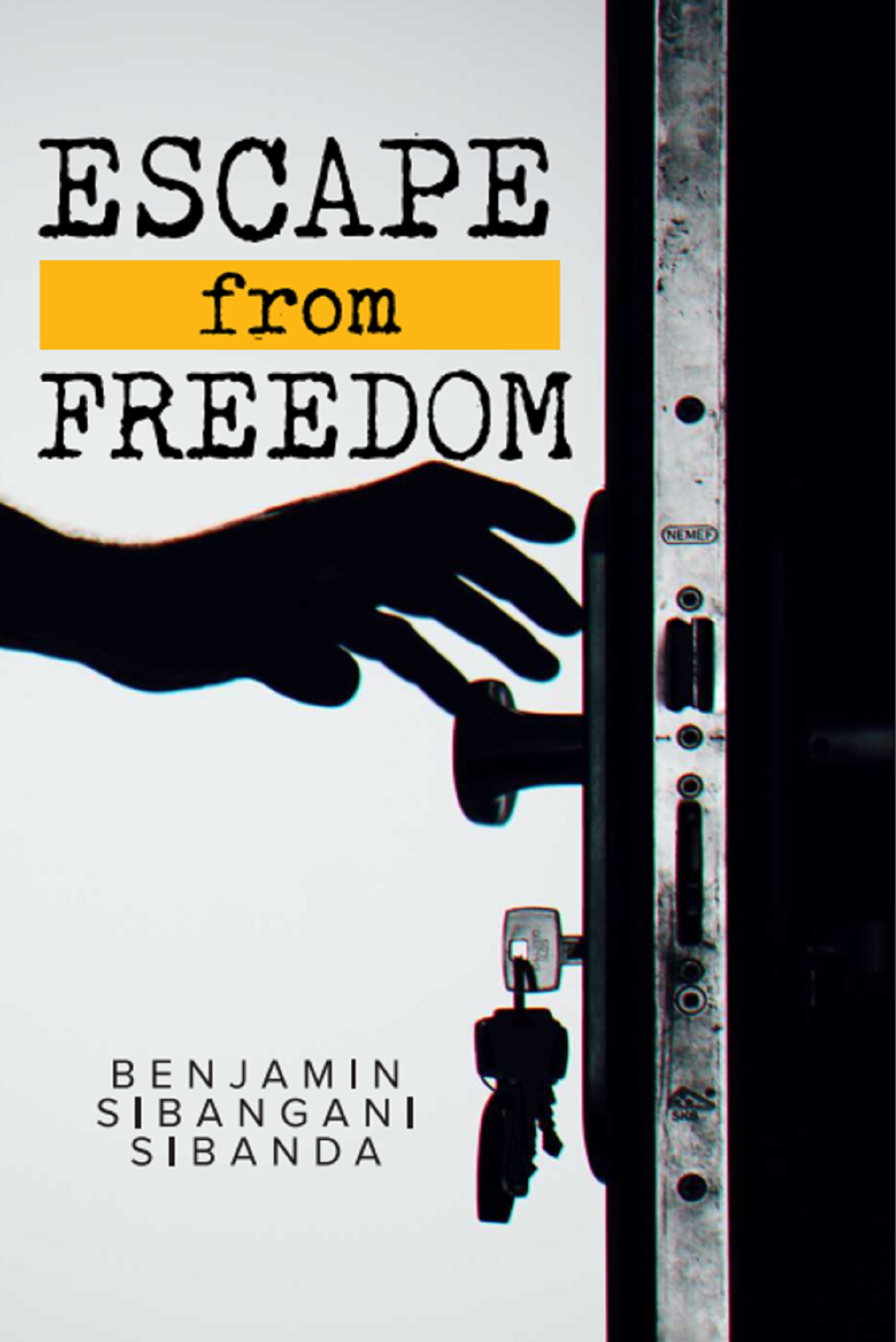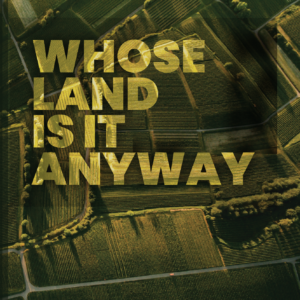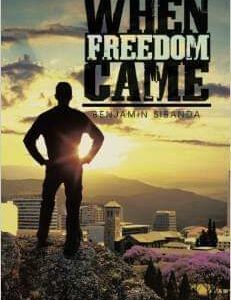This is book is dedicated to the many Africans who have perished in all forms of political violence in their own countries or as a result of xenophobic attacks in foreign lands. It also remembers those that have perished as they attempt the hazardous journeys that they feel compelled to take as they escape from this vast continent that is blessed with so much; yet is cursed with poor leadership, an indifferent populace and abject poverty.
ESCAPE from FREEDOM
$15.00
Gukurahundi” is a word that generally evokes strong emotions in Zimbabwe, for it describes a dark period in the country’s relatively young history. This novel tries to understand that part of Zimbabwe’s unsavoury past through the eyes of a young man, Sipho Dube.
Ten years ago, at the age of sixteen, He left his home in rural Maramani, Matabeleland South partly to seek his fortune in South Africa, but mainly to get away from “Gukurahundi”, the Zimbabwe army’s operation against dissidents, but seen by many in the area as a campaign against the minority Ndebeles. Separated from his travelling companions due to a flash flood as they try to cross the Limpopo, Sipho finds himself alone, in a foreign land, with nothing. This starts him on a journey of self-discovery which culminates with him meeting and falling in love with Rumbidzai, an ethnic Shona, whose people are seen as the perpetrators of the operation rresponsible for his escape from his homeland.
After ten years of living and working illegally in South Africa, Sipho travels back to his native land to find a completely different country where the people he meets have lost all hope; the promise and excitement of independence all but a distant memory. In conversations with the people back home, and later with other Zimbabweans in South Africa, Sipho begins to understand some of the history of the people of Southern Africa and how similar their cultures and Languages are.
The story of Sipho and Rumbidzai forms the backdrop of a story that questions not only the prevailing attitudes on ethnicity in Southern Africa (and Africa in general) but also tries to understand the role of colonisation on those attitudes. It tries to understand why so many Africans are running away from the freedoms that they fought so hard for.
Colonisation, which was designed to serve the purposes of the colonisers, has changed Southern Africa’s narrative to this day. He begins to understand that “Gukurahundi”, election violence in Zimbabwe (and many other African countries), xenophobia in South Africa and elsewhere, can all be seen as the continuation of a narrative that started with a conference in Berlin, where all of the developed countries in Europe with an interest in Africa, met to carve up the continent without any input from the indigenous people of the said continent.
The borders they created keep Africa divided and in competition with itself to this day, keeping the people of Africa poor, while they compete to give away their wealth of natural resources in exchange for the ‘hard’ currencies of their former colonisers and their allies.Throughout the book, the romance between Sipho and Rumbidzai is the constant thread that knits the story together, demonstrating the conflicts and contradictions that are necessarily present in Zimbabwe’s ethnicity debate and the oft forgotten truth that all of humanity is the same.





Reviews
There are no reviews yet.